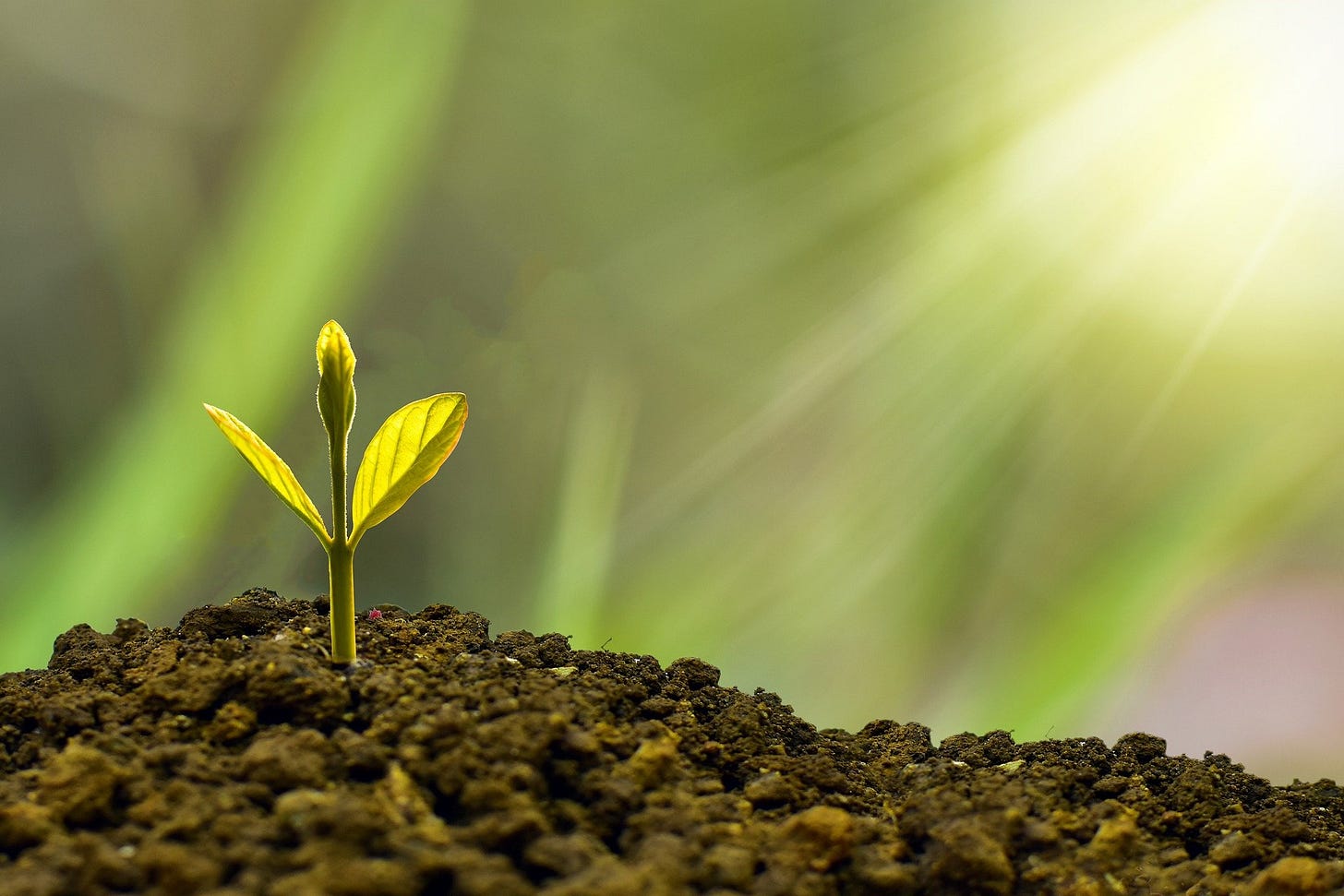One of the most forbidding obstacles to a climate-secure future is modern finance.
For anyone not savvy about stocks, bonds, currencies and asset classes, finance can be all-so-much mumbo jumbo. It’s a secretive, vast Black Box. And yet, our society turns on it.
Contrary to that old ditty, money makes society go ‘round, not the world. The Earth spins quite nicely on its own, whether there is a viable environment to support a money-driven society or not.
So, we have an unnatural problem and we’re loathe to screw with it. We are converting nature into dollars without calling it for what it is – a debt to nature. That has dire implications for future generations.
A Bank of Nature can be one fix.

But first some rationale…
Finance is a social construct. It isn’t a fact of nature – like gravity or photosynthesis or tidal changes. It exists because we agree to the “story of finance”.
Wealth, by extension, is also a social construct. Money is a foundational social construct. We agree that a $100US bill is just that: Worth 100 $1US bills, or 20 lattes, give or take.
You don’t have to be a finance guru to know that’s already problematic. The status quo isn’t going to change the extractive ways of modern society – drilling for fossil fuels, clear cutting old growth forests, overfishing, to name a few – because it’s a risk to wealth creation. It’s a risk to the story of finance.
Take, for example, the big banks.
On one hand, they talk of “transitional risks” to capital (that’s the flow of money) from climate change, which is exacerbated by the burning of fossil fuels. They create Environmental, Social and Governance (ESG) funds to appeal to investors with a conscience. These funds buy and sell shares and other financial instruments with other buyers and sellers, based on news (or rumors) of increasing or decreasing value of the shares of companies in the fund.
You’ll find companies dedicated to solar energy in funds like these and you’re unlikely to find companies that, say, make weapons in these funds.
The funds themselves do nothing to drive the fortunes of the actual companies in those portfolios. Those funds are social constructs based on social constructs designed to make more money – which is, say it now, a social construct.
These funds – that show up at your local bank or in your pension fund -- are designed to make money off of climate change without directly working to relieve us of the threat.
On the other hand, the big banks (along with bonds, which are essentially tradable loans) represent 90% of new capital (that’s the flow of money as an investment) going into companies that actually still explore and drill for more fossil fuels.
This is money that directly facilitates the extraction of carbon threats that the ESG funds are designed to sidestep.
So, the banks have it both ways. They look like they are socially responsible and climate friendly, but they are the main drivers of climate-busting activities.
We’ve known of the dangers of Anthropogenic (human-caused) climate change for decades, even more than a century from some early, obscure scientific visionaries. We’re already experiencing climate change in storms that are more severe or more frequent or droughts that are even dryer and longer lasting. It’s happening, but modern finance – with all of its reach as a mainstay of modern culture, for good or ill – is continuing to allow climate-busting activities to happen.
Scare tactics, generational shaming, and even climate-related loss of life have not changed the status quo. In fact, we should just accept now that sacrificing the status quo is a non-starter, even as it diminishes the abilities of future generations to thrive.
A Bank of Nature is a concept that can be applied to the status quo as a way of balancing our modern society’s relationship with the environment. We withdraw natural capital to create our modern society. A Bank of Nature acknowledges and makes good on our debt to Nature.
A Bank of Nature allows for companies and societies to grow and renew because it allows our natural capital (the valuation of a natural resources) to be grown and to be renewed.
Human-accelerated climate change, which is the sum of all the externalities created by society, is a cost of maintaining the status quo.
Externalities, for the uninitiated, are the side effects of industrial or commercial activity that negatively impact other parties without being built in to the cost of the good or services provided. Think air quality from smoke stacks, or river effluents from production plants, among the industrial tradeoffs in which nature gets shorted.
What if those externalities were converted into rents or mortgages to nature, where nature collects a dividend?
Sure, this puts every manufacturer into debt to nature, instantly, but then we know the true cost of our society. Why are these valuations propped up artificially in the first place?
We’re bound for a price correction when we account for stranded assets (those mineral reserves still the in the ground, but driving the valuation of resource companies).
A Bank of Nature would be a place to start to acknowledge that we only rent Earth, we don’t own it.
More soon.




We ARE Earth! I am very interested in helping develop the Bank of Nature. rabaldwin12@gmail.com